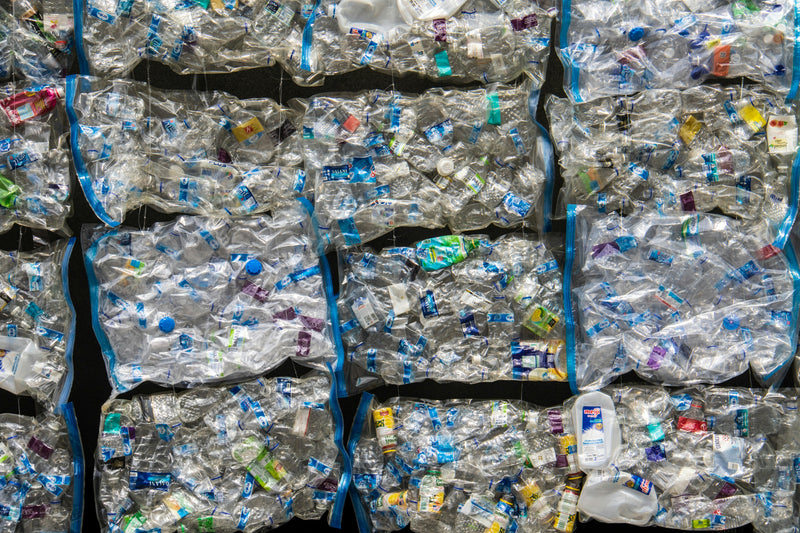Making a small change can have a big impact.
As cafe and restaurant operators head into 2024, we’d like to equip folks with some tools to lessen their environmental impact.
Here are a few techniques and tips to create a more sustainable restaurant or cafe operation.
Food waste apps
Each year Americans waste about 60 million tons of food each year.
When food and other organic waste ends up in landfills, it’s often covered in a heap that prevents its natural decomposition. And when that happens, rotting food produces methane, a greenhouse gas that has 80 times the warming power of carbon dioxide.
Fortunately, there are a host of apps that are helping restaurants track and manage food waste, saving money and minimizing environmental impact. One app, Too Good To Go, connects consumers with food from local restaurants, bakeries, and grocery stores to sell "surprise bags" at about 33% of the list price.
Sustainable food packaging, containers
Styrofoam and plastic containers are a scourge for the environment.
Swap out to-go containers, plastic straws, and utensils for items made from compostable materials, such as recycled paper, sugarcane fiber, bamboo, molded pulp, or mushroom mycelium. These materials break down naturally and can be composted alongside organic waste.
Eco-friendly cleaners
Eco-friendly cleaners and detergents are made with biodegradable ingredients, reducing the risk of harmful chemical residues and helping keep air, water, and soil clean.
Unlike traditional cleaners that often contain harsh chemicals, eco-friendly alternatives are typically derived from renewable resources, minimizing the depletion of other natural resources. Many eco-friendly cleaners also come in recyclable or biodegradable packaging, helping mitigate plastic waste.
In addition to the environmental benefits, eco-friendly cleaning products’ natural ingredients are less harsh on surfaces like floors or kitchen counters than chemical ingredients. That may ultimately translate into reduced costs from needing to repair surfaces quickly due to damage from comparatively harsh chemicals.
Find local suppliers
Global “food miles” emissions account for about one-fifth — or 3 billion tons of CO2 — of total food-system emissions, new research suggests.
By using local food suppliers, restaurant and cafe owners can reap several benefits. First, the shorter the distance food travels, the fewer overall carbon emissions it takes to move it. Secondly, locally sourced food promotes biodiversity and showcases seasonal and diverse ingredients that are common to your area.
Local produce also tends to be fresher as it doesn't undergo a long transportation process, preserving its flavor and nutritional value. Lastly, locally sourced food helps support other small businesses, helping to improve your area’s economy.
Join the Green Restaurant Association
The Green Restaurant Association provides solid resources on how to reduce food waste and incorporate sustainable practices.
The GRA provides educational materials and access to its network of vetted sustainable distributors and products to help you build a better supply chain. The organization also offers a sustainability certification program that you can promote once you’ve become certified.That certification can open you up to the Green Star, A MICHELIN effort that recognizes high-quality restaurants that are setting an example of sustainable operations.





